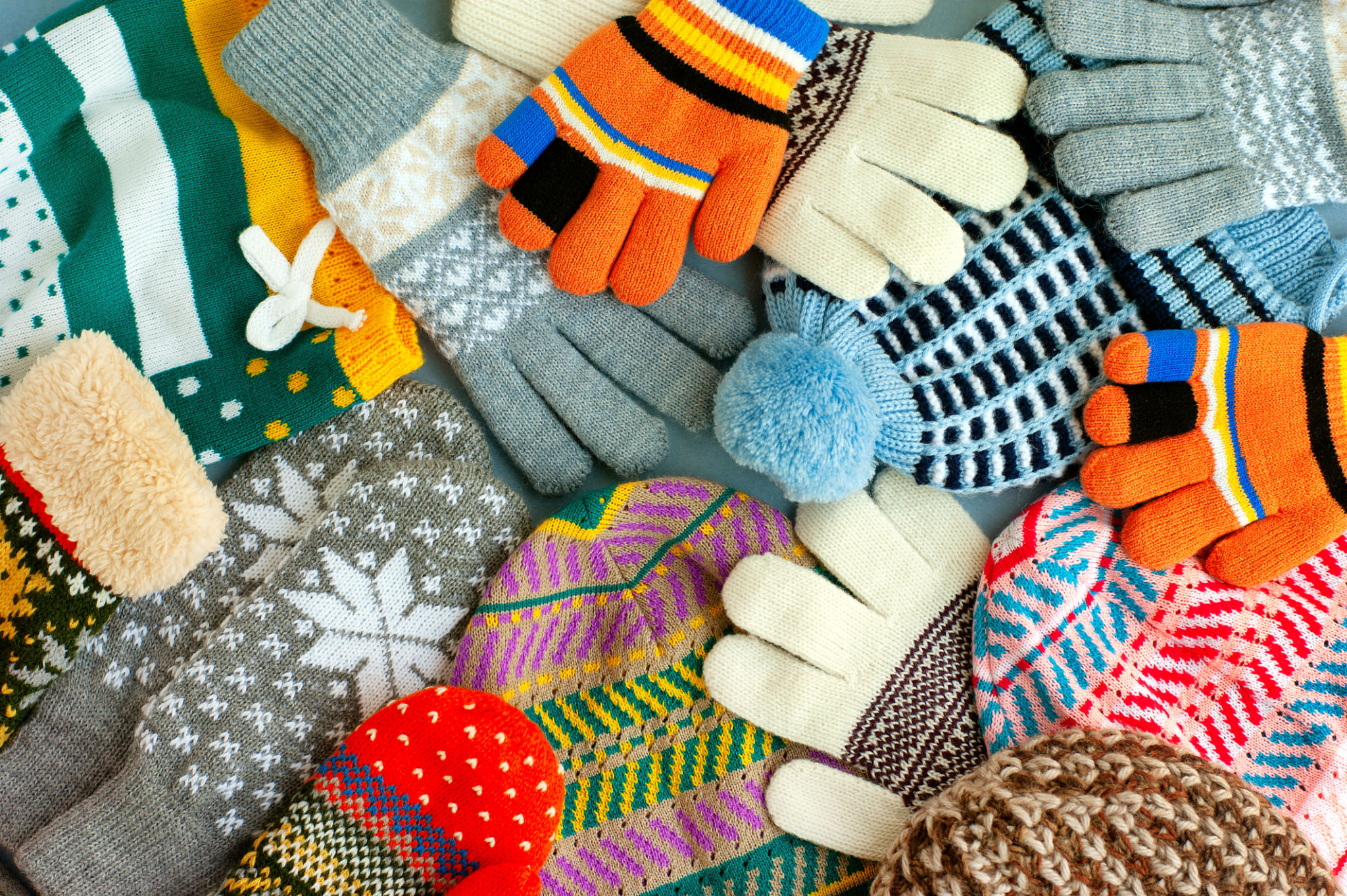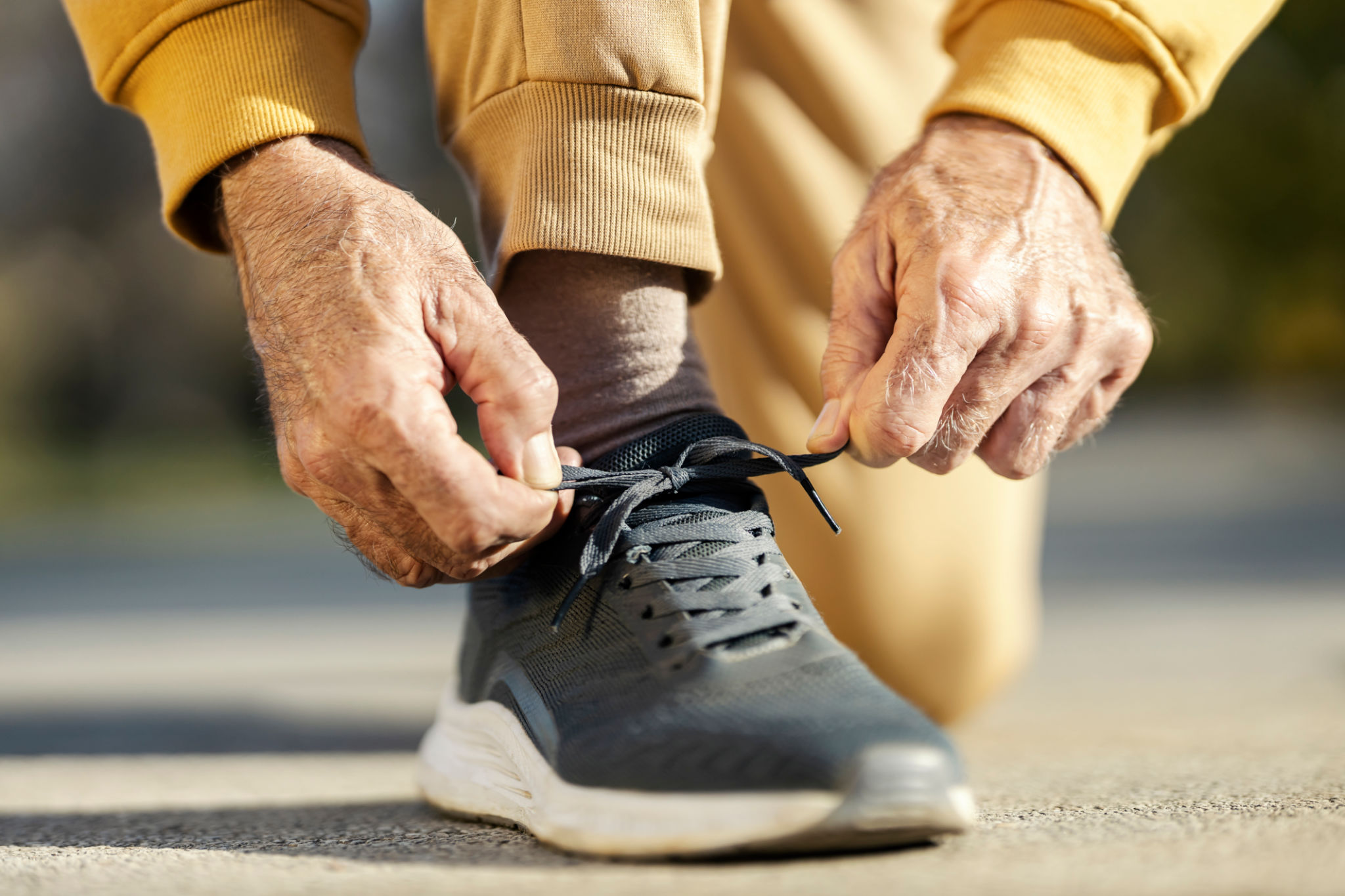Seasonal Checklist: Preparing Seniors for a Safe and Comfortable Winter in Seattle
Understanding Seattle's Winter Climate
Seattle is known for its rainy winters, which can bring unique challenges for seniors. The combination of cool temperatures and damp weather can increase the risk of slips, falls, and other health concerns. Preparing ahead of time can make a significant difference in ensuring a safe and comfortable winter season for elderly residents.
Here, we provide a comprehensive checklist to help seniors and their caregivers get ready for the colder months. With a little foresight and planning, winter in Seattle can be both safe and enjoyable.

Home Safety and Maintenance
One of the first steps in preparing for winter is ensuring that the home environment is safe and well-maintained. Here are some essential tasks to consider:
- Check and service heating systems to ensure they are working efficiently.
- Install non-slip mats in areas prone to moisture, such as entryways and bathrooms.
- Ensure that walkways and driveways are clear of debris to prevent slips.
By taking these precautions, seniors can reduce the risk of accidents and maintain a warm, comfortable living space.
Winter Clothing Essentials
Staying warm is crucial for seniors during the winter months. Dressing in layers is one of the most effective ways to retain body heat. Key pieces include:
- Thermal undergarments to provide a warm base layer.
- Water-resistant outerwear to protect against rain and wind.
- Warm hats, gloves, and scarves to prevent heat loss from extremities.
Encouraging seniors to dress appropriately for the weather can help prevent hypothermia and other cold-related health issues.

Nutritional Considerations
The cold weather can sometimes affect appetite, but maintaining good nutrition is essential for keeping energy levels up. Seniors should focus on consuming:
- Warm meals that provide adequate calories and nutrients.
- Foods rich in Vitamin D to compensate for reduced sunlight exposure.
- Hydrating beverages, as dehydration can still occur in winter.
A well-balanced diet can bolster the immune system and improve overall well-being during the colder months.
Staying Active and Social
Physical activity is important year-round, but it can be challenging to stay active in winter. Encourage seniors to engage in indoor exercises such as:
- Simple stretching routines or yoga to maintain flexibility.
- Participating in community center activities or classes.
- Walking in safe, indoor environments like malls or gyms.

Social interactions are equally important. Encourage participation in social events or virtual gatherings to combat feelings of isolation that might be more pronounced during the winter months.
Health Monitoring and Precautions
The winter season can exacerbate certain health conditions. Regularly monitoring health and adhering to prescribed medications is crucial. Seniors should:
- Schedule routine check-ups with healthcare providers.
- Get vaccinated against seasonal illnesses like the flu.
- Have emergency contact information readily available in case of health issues.
Proactive health management can help prevent complications and ensure timely intervention when needed.
Final Thoughts
By following this seasonal checklist, seniors in Seattle can enjoy a safe and comfortable winter. The key is proactive preparation and ongoing vigilance. Whether it's ensuring home safety or maintaining social connections, each step contributes to a healthier, happier winter experience for our elderly community members.

